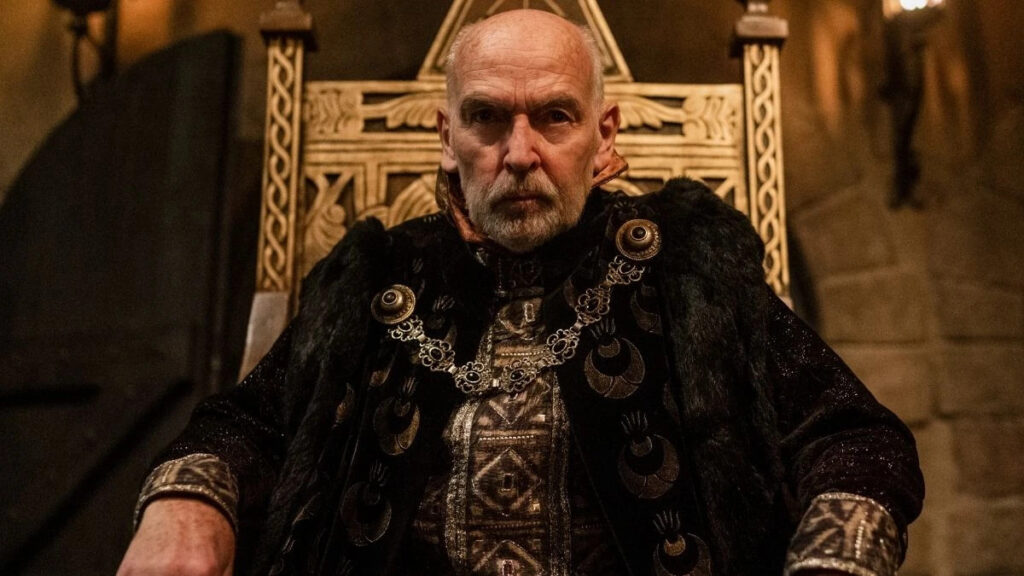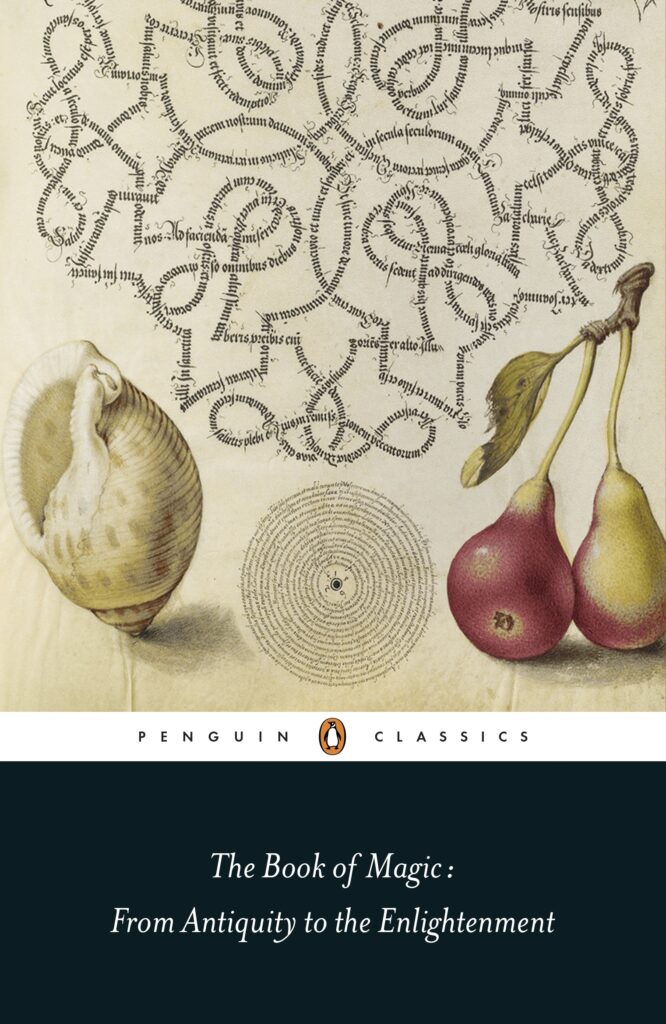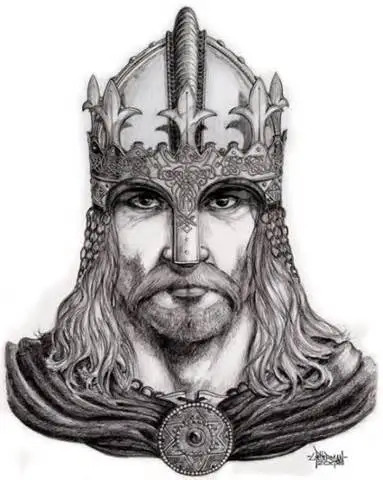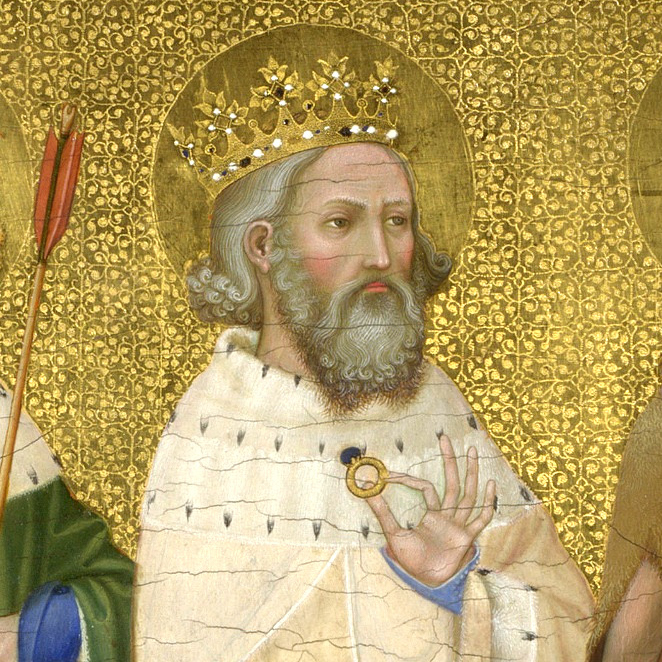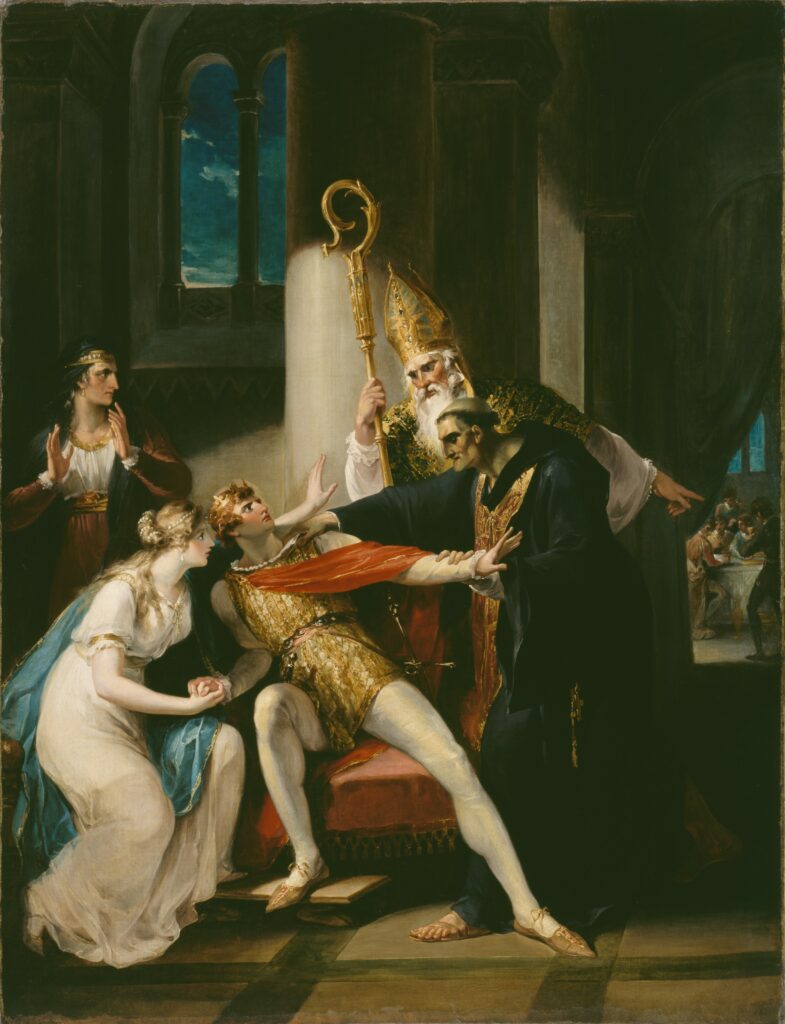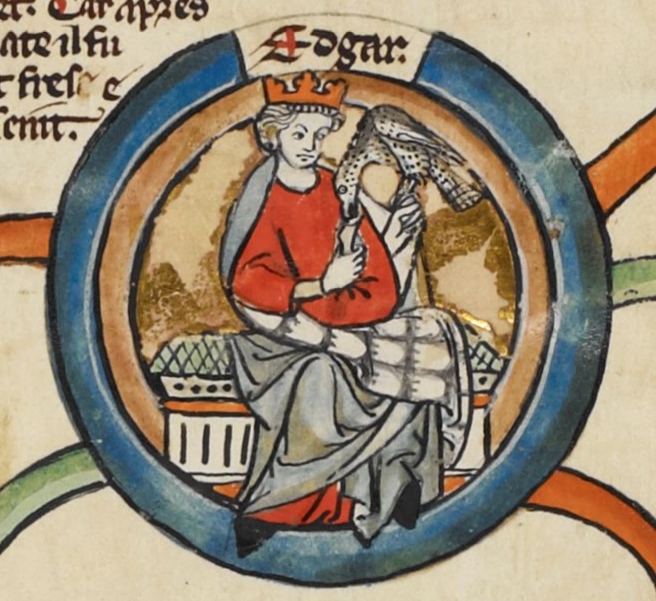
In 1002, Emma, the daughter of Richard the Fearless, Duke of Normandy, married Æthelred, soon to be known as the Unready. As queen of England, Emma produced two sons, Edward and Alfred. But when Æthelred fled the country in the face of Swein Forkbeard’s Viking invasion, Emma left too, taking her sons with her. But, in a telling commentary on her marriage, the queen made her own way to Normandy.
When Æthelred died, Edmund Ironside, his son from his first marriage, led the fight against a new Viking invasion led by Cnut, the son of Swein Forkbeard. But when Edmund died, leaving the crown to Cnut by default, the Dane nevertheless needed to shore up the legitimacy of his claim to the throne. What better way to do that than by marrying the queen?
So Emma married the son of the man who had deposed her own first husband. Even then, it was a tale that required a little spinning, and Emma made sure it would be spun in her favour.
Emma commissioned a monk to write her version of these events; by her telling, Cnut wooed her back to England and into marriage with gifts and promises. Given the political nature of such a match, Emma may not have had much of a choice in the matter. But power mattered to the queen and she was willing to make sacrifices to get and keep power: in this case, the children of her first marriage, Edward and Alfred.
Emma left the two boys behind in Normandy while she set about producing a new heir to the throne with Cnut. According to her book, the political marriage became a true partnership and contemporary records bear this out: Emma had far higher status as Cnut’s queen than she had ever enjoyed as Æthelred’s wife.
When Cnut died in 1035, the succession seemed clear: surely it would go to Harthacnut, his son with Emma. But Cnut had produced another son, Harold Harefoot, with his first wife and Harold Harefoot was on hand to claim the throne of England.
Harthacnut on the other hand, was abroad, trying to defend his claims to Norway and Denmark. Emma’s struggle on her son’s behalf was helped by Earl Godwin, an Englishman whom Cnut had raised to one of the highest ranks in the land. However, Harthacnut did not return to claim the throne and, fed up with trying to keep the throne warm for a disinterested prince, Earl Godwin defected to Harold Harefoot’s side.
At this point, Emma remembered that she had another two sons, just over the Channel, who also had claims on the throne. Edward tried, but his tentative invasion failed. Then it was Alfred’s turn. Earl Godwin met him, feasted the young prince and his followers, put them up for the night and then set upon them: Alfred’s men were variously sold into slavery, murdered, mutilated, blinded and scalped. Alfred himself was not killed but his eyes were put out, wounds from which he failed to recover.
With Earl Godwin on his side, Harold Harefoot became undisputed king and Emma went into exile again, seeking refuge not in Normandy – where presumably Edward might have had some pointed questions about his mother’s recent conduct – but in Flanders. Ever the survivor, Emma swiftly returned to favour when Harold Harefoot died and Harthacnut took belated control of England in 1040. Having reacquainted herself with Edward, Emma worked for his return to England in 1041. And return he did but, remarkably, he returned to act as co-king alongside his half brother, with Emma the third person of a ruling trinity. This arrangement was likely made to shore up Harthacnut’s increasingly unpopular reign.
Harthacnut died in 1042 and shortly afterwards Edward moved against his mother, appearing unexpectedly at her power base in Winchester and depriving Emma of her treasures. Edward, for one, had not forgotten what had happened to his younger brother, nor the way Emma had abandoned him in Normandy. Although Emma was allowed to retain her base in Winchester and Edward accepted her back into his court, her power had been broken.
Besides, there was another power behind Edward’s throne: Earl Godwin and his family. Despite Godwin’s role in his brother’s death, Edward married the earl’s daughter. From Winchester, Emma, that consummate player of the political game, must have thought the future set: a grandson of Earl Godwin would, in time, take the throne. But it did not work out like that.
Emma did not live to see the final tragic playing out of the events set in motion by her marriages to Æthelred and Cnut. She died in 1052, the wife and mother of kings, and one of the most fascinating women of her age.
